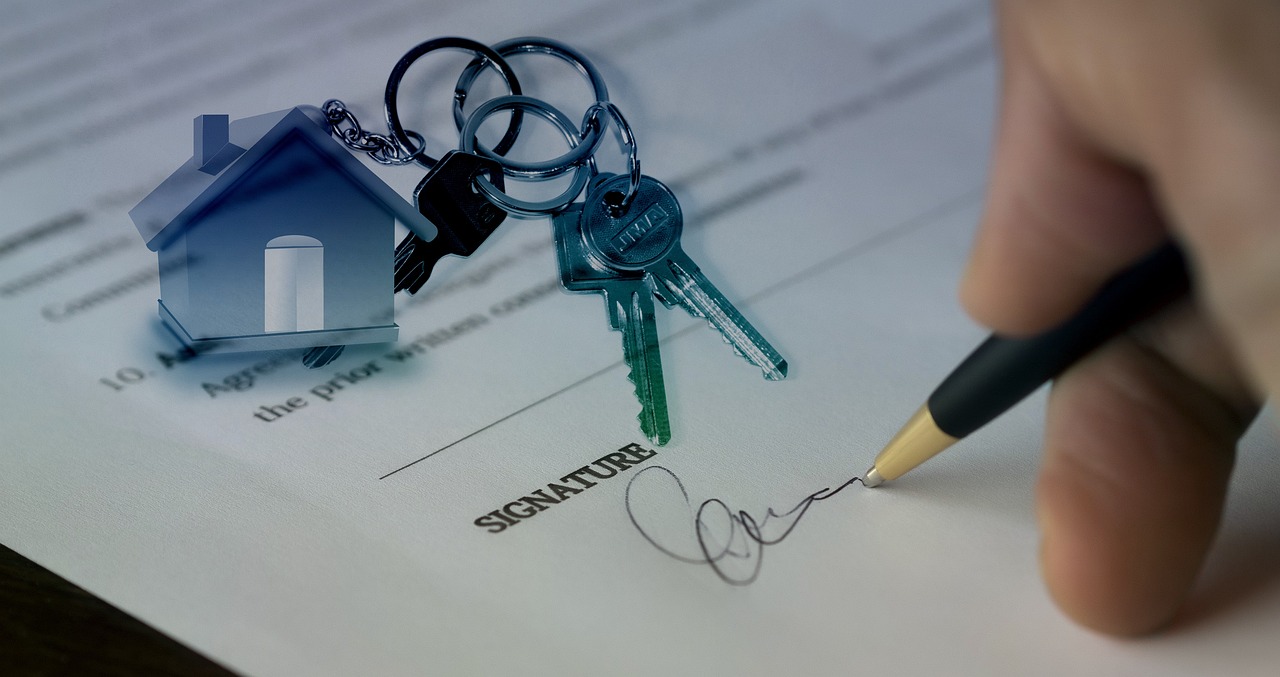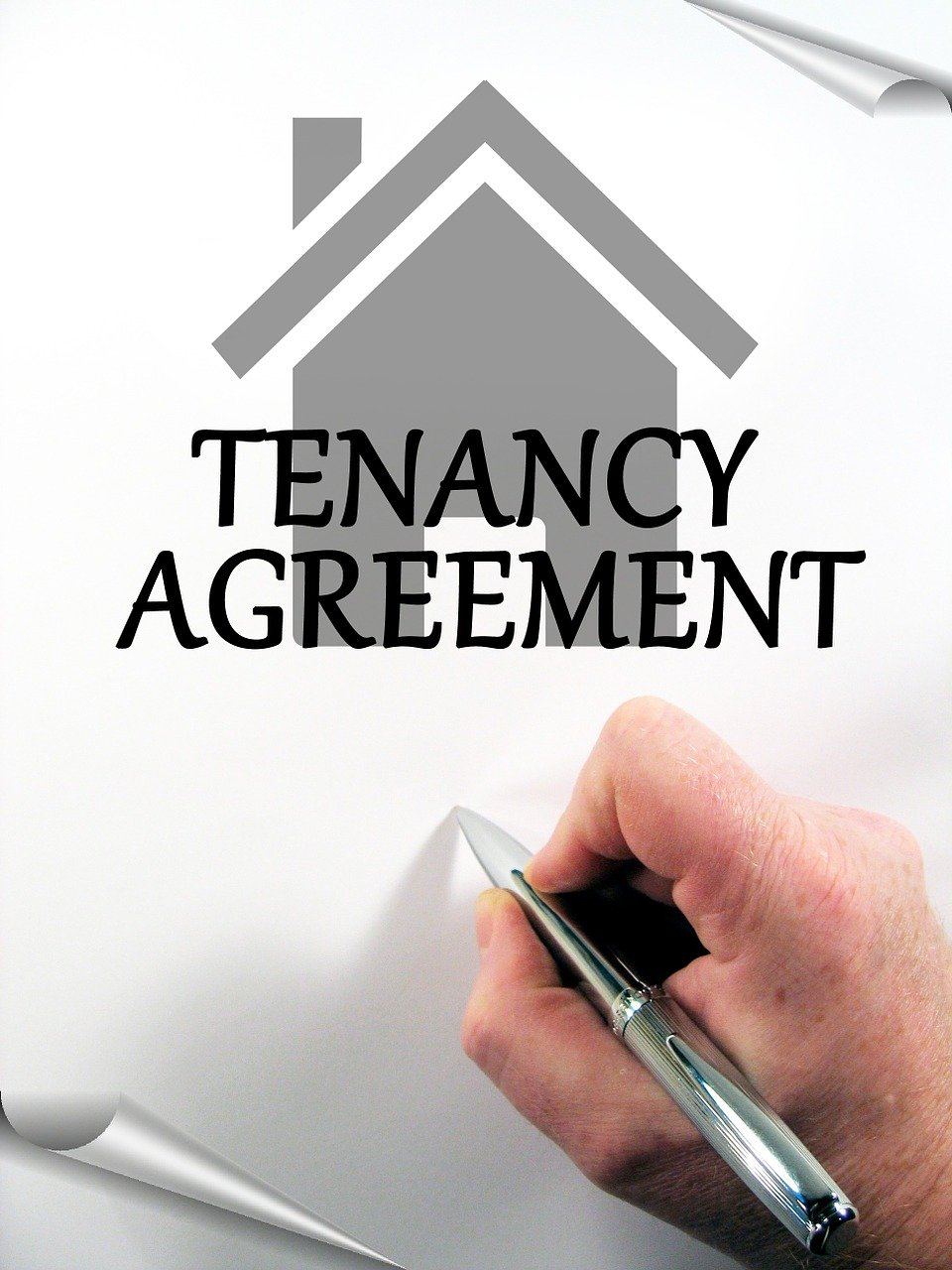
The Legal Responsibilities of Landlords in Kensington and Chelsea
By Arthur Grant | February 5, 2025
The Legal Responsibilities of Landlords in Kensington and Chelsea
As a landlord in Kensington and Chelsea, it’s crucial to understand your legal responsibilities to ensure that your rental property is compliant with the various laws and regulations in place. Not only does this help protect your tenants, but it also safeguards you from potential legal disputes, fines, and penalties. With the area being one of London’s most desirable and affluent locations, it’s especially important to maintain a high standard of care and compliance.

In this blog post, we’ll break down the key legal responsibilities that landlords in Kensington and Chelsea must adhere to, focusing on the most common regulations and laws.
1. Ensuring the Property is Safe and Habitable
One of the most fundamental responsibilities of a landlord is ensuring that their property is safe and habitable for tenants. This includes meeting all necessary health and safety standards, which are set out in various regulations.
Gas Safety
Gas Safety (Installation and Use) Regulations 1998 require landlords to have all gas appliances checked by a Gas Safe registered engineer annually. A Gas Safety Certificate must be provided to the tenant within 28 days of the inspection.
Electrical Safety
The Electrical Safety Standards in the Private Rented Sector (England) Regulations 2020 require landlords to have electrical installations in their property inspected and tested every five years by a qualified electrician. An Electrical Installation Condition Report (EICR) must be provided to tenants at the beginning of the tenancy and upon request.
Fire Safety
Landlords are required to ensure that their property meets the necessary fire safety standards under the Regulatory Reform (Fire Safety) Order 2005. This includes providing smoke alarms on every floor, carbon monoxide detectors in rooms with solid fuel burning appliances, and ensuring that any fire escape routes are clear and easily accessible.
Health and Safety
The Housing Health and Safety Rating System (HHSRS) assesses the condition of a property and the risk to a tenant’s health. Landlords must address any hazards that may pose a danger to tenants, such as damp, structural issues, or poor ventilation.
2. Ensuring Energy Efficiency
Under the Energy Performance of Buildings (England and Wales) Regulations 2012, landlords must provide an Energy Performance Certificate (EPC) for their rental properties. The EPC rates the property’s energy efficiency on a scale from A to G, with a minimum rating of E required for properties that are let.
Landlords must:
- Obtain an EPC before letting the property.
- Ensure the property achieves at least an E rating. Properties with lower ratings must be improved to meet the required standard.
- Ensure the certificate is valid for up to 10 years and is available to potential tenants.
In addition to EPC requirements, landlords may be required to make energy-efficient improvements under the Minimum Energy Efficiency Standards (MEES), particularly if the property falls below the E rating.
3. Tenancy Agreements and Rent Payments
A legally compliant tenancy agreement is a must-have for any landlord. The agreement should clearly outline the rights and responsibilities of both parties and must comply with relevant legislation.
Written Tenancy Agreement
Landlords must provide tenants with a written tenancy agreement that outlines the terms of the tenancy, including the rental amount, the payment schedule, and any additional responsibilities such as maintenance or property upkeep.
Rent Repayment
Rent must be collected in accordance with the agreed-upon terms and should be made clear to the tenant how and when rent is due. The Rent Repayment Order (RRO) allows tenants to apply for a refund of rent if a landlord fails to meet certain legal requirements, such as failing to provide an EPC or failing to adhere to licensing regulations.

4. Deposit Protection
Under the Housing Act 2004, landlords must protect tenant deposits in a government-approved deposit protection scheme within 30 days of receiving it. This protects both the tenant’s and landlord’s interests.
Landlords must:
- Use a government-approved Tenancy Deposit Scheme (TDS) to hold the deposit.
- Provide tenants with details of the scheme and a prescribed information notice within 30 days of receiving the deposit.
- Return the deposit at the end of the tenancy, provided no damages or unpaid rent are owed.
Failure to comply with these deposit protection requirements could result in the tenant being entitled to claim compensation or the inability to serve a valid notice to end the tenancy.
5. Right to Rent Checks
As a landlord in Kensington and Chelsea, you are required by law to carry out Right to Rent checks under the Immigration Act 2014. Before renting to a tenant, landlords must verify that they have the legal right to live in the UK.
This includes checking the following documents:
- Passports
- Visas
- Residence permits
You must keep copies of these documents for your records and ensure that your tenant’s right to remain in the UK is valid throughout the tenancy. Failing to perform a Right to Rent check could result in fines of up to £3,000 per tenant.
6. Renting to Families and Tenancy Lengths
When renting to families or individuals with children, landlords must ensure the property is suitable and that no additional restrictions apply. Some properties, particularly those classified as Houses in Multiple Occupation (HMOs), have additional licensing requirements. These properties, which are rented out to multiple tenants who are not part of the same household, require a special licence issued by the local council.
HMO Licensing
The Housing Act 2004 requires landlords to obtain a licence for properties where more than two unrelated people live in a house or flat. In Kensington and Chelsea, properties with more than five tenants from different households or more than two storeys may require an HMO licence.
You must ensure that your property meets certain safety standards, including adequate kitchen and bathroom facilities, fire safety measures, and proper maintenance.
7. Eviction Procedures
If you need to evict a tenant, it’s important to follow the correct legal procedures. In Kensington and Chelsea, the process for eviction is governed by national legislation, and failing to follow the correct process can result in delays or financial penalties.
Serving a Notice
Landlords must serve a Section 21 or Section 8 notice to start the eviction process, depending on the situation. A Section 21 notice is used when a landlord wants to end the tenancy without giving a reason (after the minimum period of the tenancy has ended). A Section 8 notice is used when there has been a breach of tenancy terms (such as unpaid rent).
Court Order
If the tenant refuses to leave after receiving the notice, the landlord must apply for a possession order from the court. Only a court bailiff can physically remove a tenant if they refuse to leave after the order is granted.
8. Conclusion
As a landlord in Kensington and Chelsea, staying compliant with the various laws and regulations is crucial for both protecting your investment and maintaining a positive relationship with your tenants. From ensuring property safety and energy efficiency to managing deposits and complying with Right to Rent checks, the responsibilities are numerous but manageable with the right knowledge and preparation.
By staying informed about your legal obligations, you can avoid fines, ensure your property is in good condition, and create a safe and positive living environment for your tenants. If you're unsure about any of your responsibilities or need assistance with compliance, consider working with a professional property manager or letting agent to help navigate the complexities of landlord-tenant laws.
Promoted listings on findlettingagents.co.uk are paid advertisements. Businesses pay a fee to be prominently displayed. Our standard listings remain impartial and are ranked based on relevance to your search criteria.
If you'd like to have your business featured, please contact us for more information.